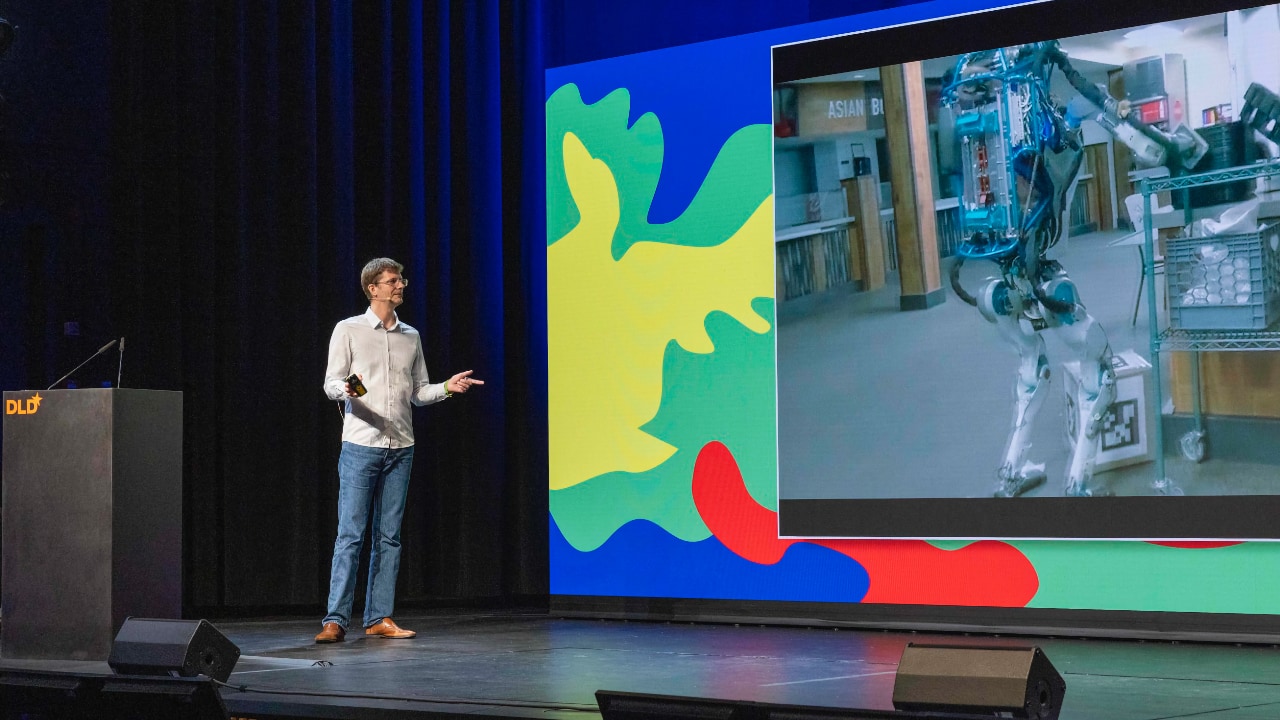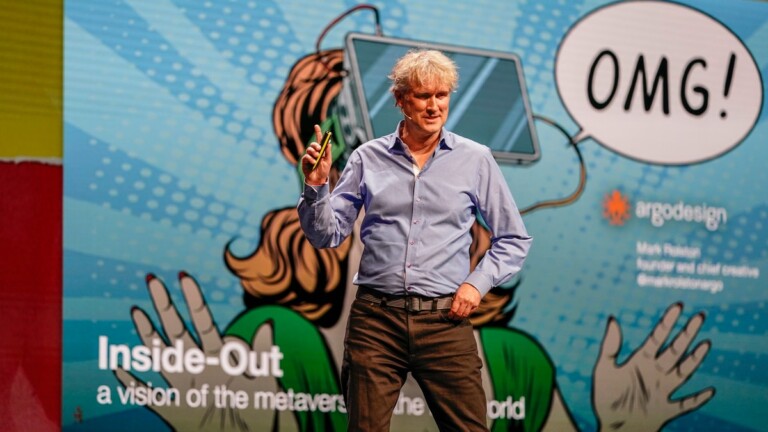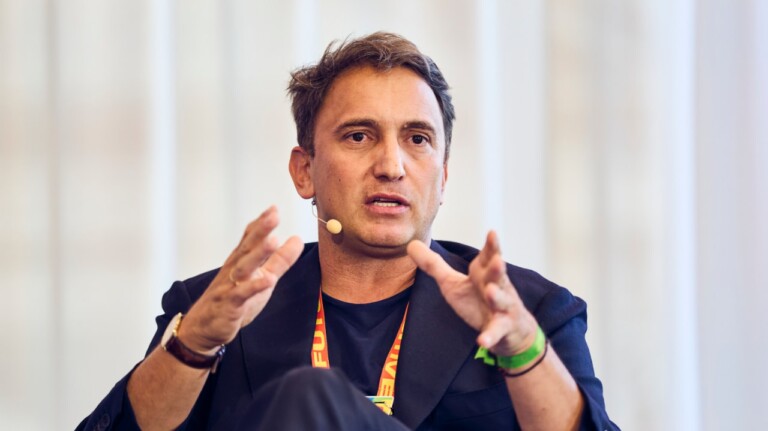Biology offers a radically different path to artificial intelligence that could revolutionize robotics while dramatically reducing the technology’s energy needs, James Marshall (University of Sheffield) illustrates in his lively and insightful DLD Future Hub talk.
The current approach to AI is not very efficient, Marshall argues. Despite spending around $100 billion dollars on driverless cars alone, we’ve only managed to reproduce “the skill level that a human can attain with about 20 hours of training”, he notes.
And the cost goes far beyond money if environmental concerns become part of the equation, as “gigantic data centers” must be built, which lead to “huge amounts of CO2 emissions”, Marshall points out.
To solve this challenge, Marshall argues, we should focus on the lessons of evolution, which has already produced solutions to the autonomy problem over 600 million years. The fruit fly’s brain, with just 100,000 neurons, offers extraordinary efficiency and structure that far surpasses the brute-force methods used in AI today.
Watch the video to learn more about Marshall’s research and how his company Opteran, a universiy spin-off, aims to improve AI by imitating natural intelligence.



